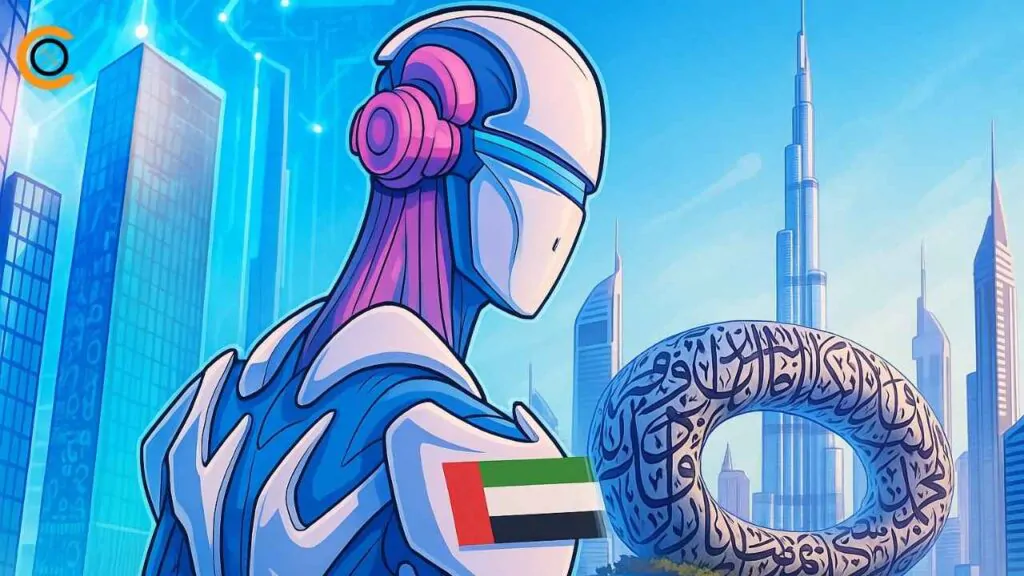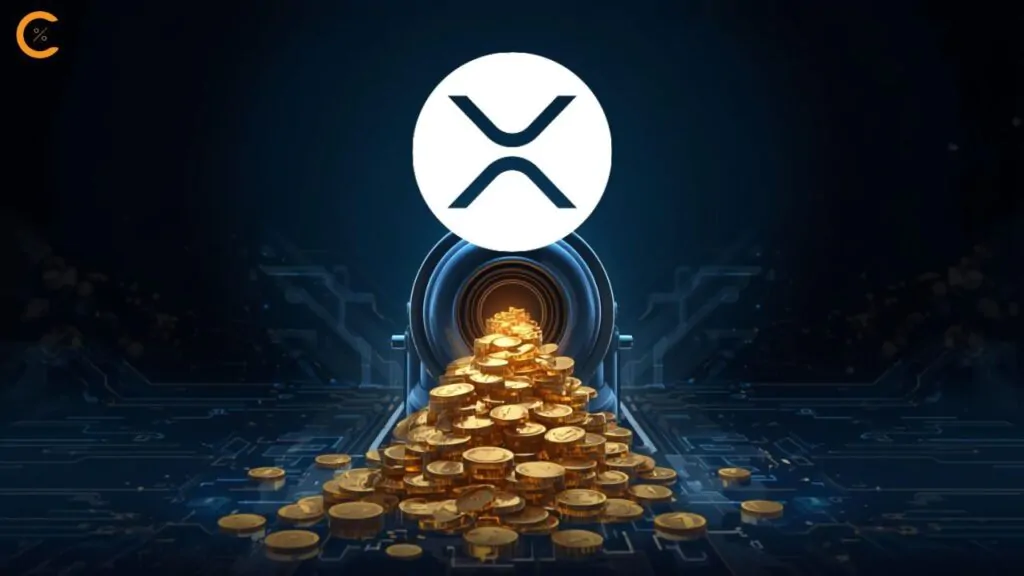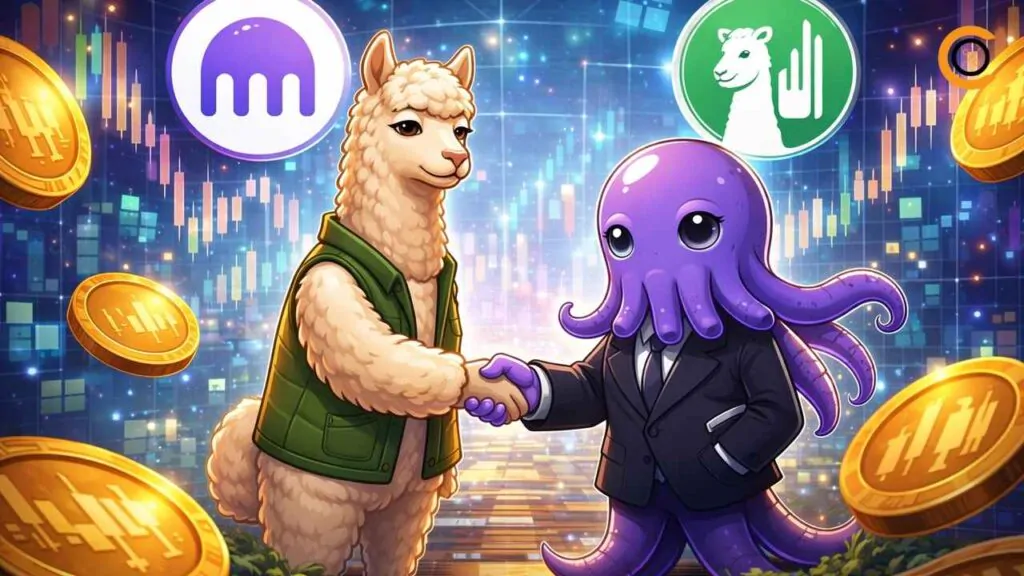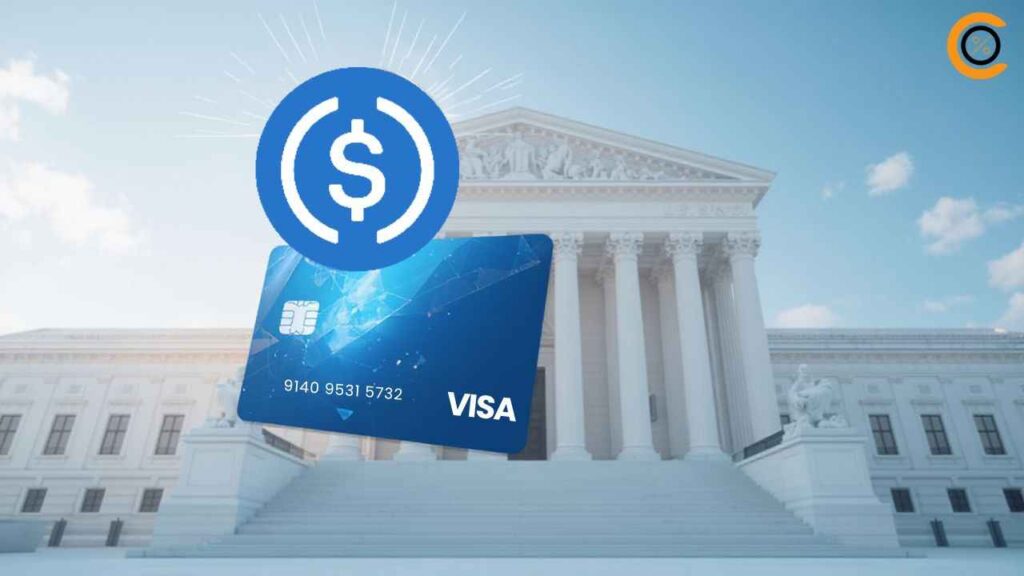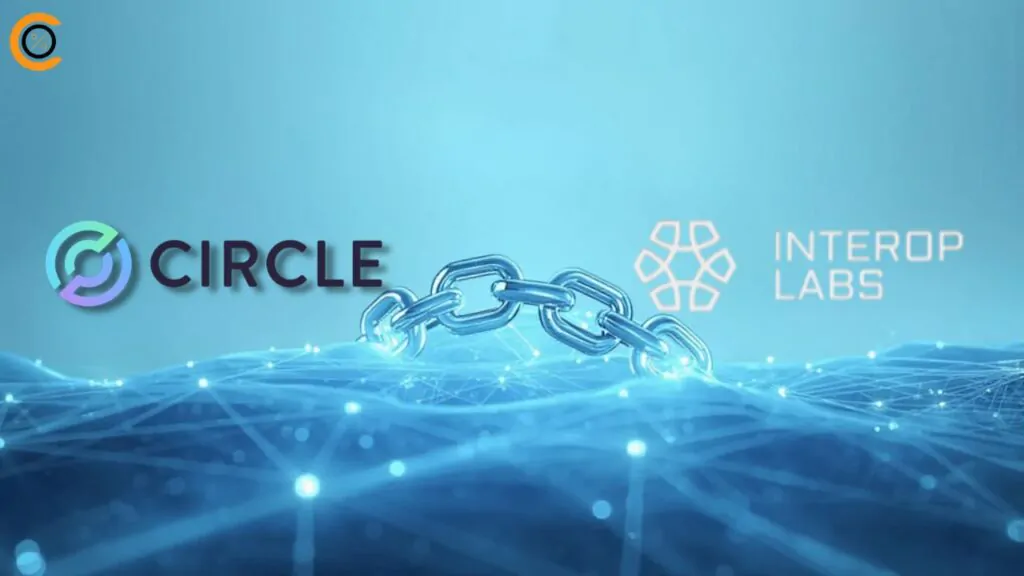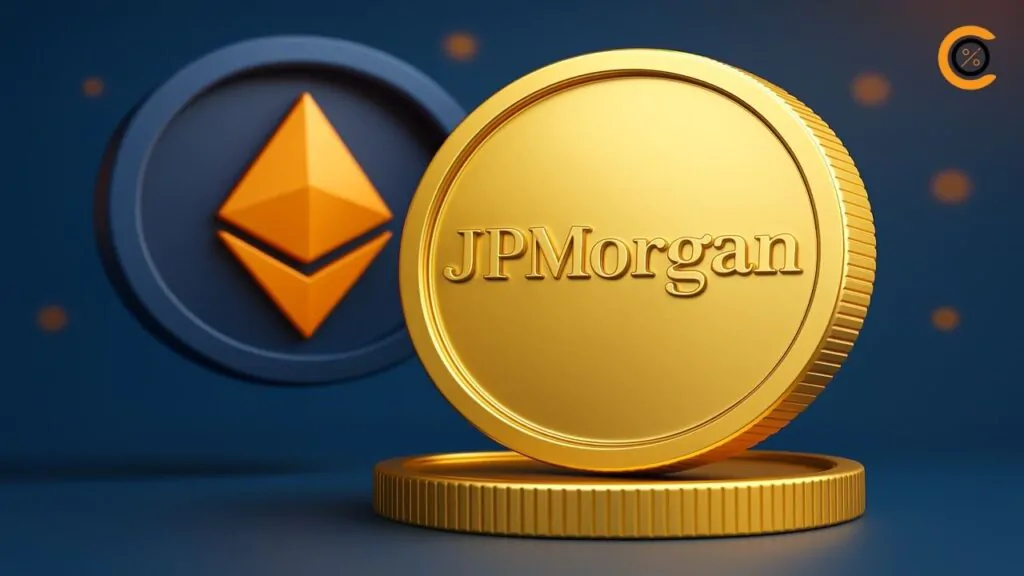- •Peaq and Dubai’s VARA signed the first-ever MoU focused on regulating the Machine Economy and onchain robotics in the UAE.
- •The collaboration officially recognizes Peaq’s Machine Economy Free Zone, setting clear paths for DePIN adoption, machine tokenization, and compliance education.
- •VARA aims to establish Dubai as the global benchmark for sustainable regulation in blockchain, AI, and robotics integration.
Dubai has taken a decisive step toward regulating the decentralized machine economy. In a landmark move, Peaq has signed a memorandum of understanding (MoU) with Dubai’s Virtual Assets Regulatory Authority (VARA) to shape how onchain robotics, tokenized machines, and DePIN systems will function in the Emirates. The Dubai Peaq Machine Economy partnership represents the first formal collaboration of its kind, highlighting the UAE’s growing role in bridging advanced blockchain innovation with regulatory clarity.
A Framework for the Machine Economy
According to Peaq’s official announcement, VARA has formally recognized Peaq’s Machine Economy Free Zone, a controlled environment that allows companies to test and develop decentralized robotics and artificial intelligence models within a compliant setting. The collaboration introduces a clear path for machine tokenization, DePIN adoption, and licensing guidance for projects building on Peaq’s Layer-1 blockchain.
The memorandum outlines cooperation across multiple areas, including joint training programs, data-sharing for research, and consultations on future policies surrounding the machine economy. VARA will also provide educational and compliance support for developers seeking licenses in Dubai.
Peaq co-founder Max Thake emphasized that the agreement reflects a shared commitment to make the machine economy both accessible and compliant, stating that it will allow people to build and participate in “an entirely new economic sector”.
This development follows VARA’s series of strategic collaborations in 2025 aimed at refining its digital asset framework. Just a week earlier, VARA partnered with DMCC; Dubai’s commodities and business free zone, to regulate tokenized commodities. Together, these initiatives demonstrate how the UAE is rapidly positioning itself as a regulatory leader in the tokenization and Web3 infrastructure space.
Also read: Ripple Acquires GTreasury for $1 Billion in Second-largest Purchase of 2025
Strengthening Dubai’s Leadership in DePIN and Robotics
The partnership gives Peaq direct access to Dubai’s government ecosystem and funding opportunities for decentralized physical infrastructure (DePIN) projects. It also establishes a foundation for policy innovation, ensuring that emerging sectors like machine tokenization, onchain robotics, and DePIN networks develop responsibly.
Peaq’s Machine Economy Free Zone, launched earlier in July, is designed to simulate real-world applications of decentralized machines, allowing robots and IoT devices to own assets, share data, and even generate income through blockchain-based coordination. The platform underpins DePIN systems and tokenized real-world assets, enabling a new model where connected devices contribute autonomously to the economy.
VARA’s CEO, Matthew White, noted that the regulator’s broader goal is to make Dubai a global benchmark for the “safe and sustainable growth of this next-generation asset class”. With this MoU, Dubai moves closer to defining regulatory standards for a sector that merges artificial intelligence, blockchain, and robotics, a combination that until now lacked any clear compliance structure.
The timing also aligns with global momentum in the DePIN sector. Projects like Daylight DePIN, which recently raised $75 million to expand decentralized solar energy grids, show how blockchain is increasingly being used to create community-owned, real-world infrastructure. The UAE’s collaboration with Peaq fits this trend by extending decentralized principles into machine and energy systems.
Related read: Dubai’s Property Tokenization Hits New Highs
Why This MoU Signals a New Era for Blockchain Infrastructure
The Dubai Peaq Machine Economy partnership signals more than regulatory progress, it marks a shift in how countries view blockchain’s potential beyond financial assets. By focusing on machine tokenization and compliance, Dubai and Peaq are laying the groundwork for a future where decentralized machines can participate in real-world economies safely and legally.
For Peaq, this recognition strengthens its role as a leading blockchain infrastructure for DePIN and robotics, while giving developers confidence to build within Dubai’s transparent regulatory landscape. For VARA, it reinforces Dubai’s image as a forward-looking jurisdiction prepared to guide the next wave of Web3 innovation.
As both parties continue shaping this framework, the world will be watching closely. The Peaq–VARA MoU could become a blueprint for how other nations regulate decentralized machine networks, blending technological ambition with the rule of law, right from the heart of the Emirates.


